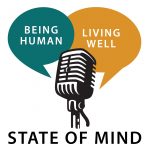
Episode #25: Continuing this series on racism and mental health, we’re hearing directly from members of the Black community as they discuss how access to physical and mental health support could be improved for Blacks and people of color. Join guest host and psychologist Dr. Robert Bartee, activist Joy Flynn, educator and musician Lisa Taylor and educator and activist Jason Seals as they share insights gleaned from personal and professional experiences in our community. They shed light on ways that mental health systems have been and continue to be unsafe, culturally inappropriate and invalidating for Blacks and people of color. Jason emphasizes the importance of shifting from a primarily trauma focus to include a focus on whole-body wellness. Lisa and Joy explore the intersectional challenges of being Black women and how that additionally impacts access to mental health support. The panel offers alternative approaches to supporting mental health and wellness, along with suggestions for how professionals can improve accessibility of their services. This is the second show in a two-part series on racism and mental health. Part 1 addressed at the effects of racism on mental health for Blacks and people of color. While these are clearly wide-ranging national and international issues, both shows highlight local first-hand experiences from within our own community. Please check out the extensive resource list below.
Broadcast: 12/6/20
Special thanks to Jeanne Baldzikowski for audio production and to Jennifer Young, who assists with research and outreach. And thanks to acoustic guitarist Adrian Legg for composing, performing, and donating the use of our theme music.
SUBSCRIBE NOW to get past or new episodes delivered to your listening device here:
Apple Podcasts (for Apple products)
Google Podcasts (for Android products)
FOLLOW OR LIKE US
Facebook @stateofmindksqd
Instagram @state_of_mind.radio
JOIN EMAIL LIST
Want to know our interesting topic each month? Simply SIGN UP for our email list!
GOT A STORY TO SHARE?
If you or someone you know has topic ideas for future shows or a story of mental health recovery to share, please email debra.stateofmind@ksqd.org
YOU CAN HELP – SUPPORT OR UNDERWRITE
If you like what you’re hearing here on KSQD, also affectionately called K-Squid, you can become a “Philanthropod on the Squid Squad” by becoming a supporting member and help keep KSQD surfing the air waves! Consider underwriting your business or agency and showing our listeners your support for State of Mind.
IN YOUR VOICE
”In Your Voice” are short segments on the show where a listener gets to add their voice to the topic. You can call us at 831-824-4324 and leave a 1-3 minute message about: a mental health experience you’ve had, something that has contributed to your mental health recovery journey, or share a resource that has helped you. Alternatively, you can make a 1-3 minute audio recording right on your phone and email that file to debra.stateofmind@ksqd.org. Your voice may just become part of one of our future shows!
RESOURCES
Books and Articles
Black Therapists Rock (the book) by Deran Young
“The black community is often thought of as an ongoing saga of reliance, incredible strength, and perseverance, in spite of a brutally harsh past. However, the obvious connection between mental health and racial oppression, health disparities, cultural differences, societal factors, poverty, and reduced quality of life, often goes unspoken. Thousands of black people are suffering in the shadows while making every attempt to be seen. Although there is no single narrative, mental health and psychosocial wellness underpin many of the challenges experienced by black people. Black Therapists Rock has become a movement that is passionate about loudly speaking our varied truths to begin the healing of emotional wounds that are multiple generations deep. Although we may not be the cause of this deep-seated pain, it is ours to bear and soothe.”
The Extra Stigma of Mental Illness for African-Americans: In my Black community, therapy was stigmatized as something for people who could not handle challenges. NYT article By Dana Givens, Aug. 25, 2020
Radical Listening: Being anti-racist doesn’t always involve action, says Professor Ralina Joseph. Sometimes it’s as simple as listening without judgment article in University of Washington online magazine
American Medical Association, the nation’s largest group of doctors, deems racism a ‘public health threat’ article in USA TODAY by Nada Hassanein, Nov. 23, 2020.
Why People of Color Need Spaces Without White People published on August 9, 2018, by Kelsey Blackwell, a somatic coach, writer and facilitator committed to fearlessly creating spaces for women and PoC to trust and follow the wisdom of their own bodies so they may powerfully shine their lights in a world that sorely needs this brilliance.
Videos
A Beautiful Noise by Alicia Keys and Brandi Carlile tells the story of marginalized communities finally gaining their birthright to fully participate in society
Inferiority and the African Psyche Subconscious Conditioning Historian & Author Onyeka Nubia explains the roots of African inferiority that’s embedded in our subconscious minds
Emancipation from Mental Slavery TED Talk by psychologist Dr. Cheryl Tawede Grills on the crippling image of African/African-American people worldwide and offers solutions through Emotional Emancipation. Dr. Grills created the Community Healing Network to support emotional emancipation.
African Psychology discussion with Jason Seals and Dr. Ifetayo Flannery, an assistant professor in the Department of Africana Studies at San Francisco State University, author of “An Introduction to Black Psychology,” researcher of cultural patterns in the collective consciousness of African Diasporic groups with particular focus on their political orientation, social behavior, and spiritual beliefs, and Vice President of the Bay Area Chapter of the Association of Black Psychologists
Reimagining Mental Health Discourse Among African Americans TEDxSJSU by Shaun J. Fletcher, Ph.d. African Americans are 20% more likely to experience serious mental health problems (depression, ADHD, PTSD, suicide) than the general population and are also more likely to experience life circumstances (homelessness, violence) that increase the risk for developing a mental health condition. Perhaps what’s most tragic are the cultural barriers that often preclude African Americans from discussing the topic and seeking qualified professional help. These deeply ingrained social barriers have been resistant to change across generations. This talk is yet another battle against the social norms that have deadly consequences among African Americans.
Online Support for Finding Black Therapists and General Information
Black Therapist Rock (the organization) supports racial trauma healing and the development and accessibility of Black therapists and hosts a Black therapist directory and a Facebook page therapists of all backgrounds discuss topical issues involving race. Psychotherapy Networker has an informative online article about this organization.
Directory of Black Therapists in the Bay Area from Bay Area Chapter of the Association of Black Psychologists
Directory of Black Therapists in the Bay Area from AfricanAmericanTherapists.com
Psychology Today Therapist Directory online resource with many filters including Issues, Insurance, Gender, Age, Type of Therapy, and under the Community option there are filters for Ethnicity served, Gender, Language, and Faith.
Therapy for Black Girls blog by Dr. Joy Harden Bradford, an African-American clinical psychologist; a place for Black women to talk about their mental health; Therapist directory
Boris Lawrence Henson Foundation founded by actress Taraji P. Henson and named in honor of her father who dealt with mental health challenges after the Vietnam War. Taraji has struggled with depression and the challenges of sharing mental health problems with the public. The vision of the foundation is to eradicate the stigma around mental health issues in the African-American community. Hosts a therapist directory.
NAMI has a Black resource page with topics: Barriers to Mental Health Care; How to Seek Culturally Competent Care; Sharing Hope peer presentations; Black Mental Health Resources; Ways to Act as an Ally or Champion for POC
Black Mental Health Resources: How Racism Causes Mental Health Problems; Common Serious Mental Illnesses Among Black People; Why Black People Don’t Seek Mental Health Help; The Importance of Culturally Competent Care; Black Mental Health Resources. This is not an endorsement by KSQD, State of Mind staff or their guests of the business that hosts this web link.
Alternative Mental Health Support
Black Yoga Collectives Aim to Make Space for Healing: NYT article by Chandra Thomas Whitfield updated Oct. 12, 2020; non-Hispanic, Black adults who reported practicing yoga climbed about 7% from 2002 to 2017.
Black Yoga Teachers Alliance provides scholarships, training and teaching opportunities for Black instructors
Yoga Green Book an online directory that lists Black yoga teachers, Black-owned studios, and Black-led trainings nationwide
Local Services that Support Well-being of Black-Identified People
Black Health Matters – A community wellness initiative from the Tannery World Dance and Cultural Center in partnership with County Park Friends and other local partners to bring safe, engaging and COVID-mindful outdoor activities to Black community members of Santa Cruz County. Created by local Black leaders, examples include: Self-Care Saturday, Black Family (Virtual) Barbeque, pop-up dance, mindfulness and fitness classes in County Parks.
Insight Santa Cruz: People of Color Mondays is a weekly gathering intended to create a safe space for self-identified people of color. Each week there will be a 30-minute guided sit followed by a 30-minute mindful check-in circle and tea. Instructors: Yasmina Porter has been practicing mindfulness meditation since 2002 and formed a People of Color Sitting Group at Insight Santa Cruz in 2017 and Lorenia Parada-Ampudia, born in Mexico, holds more than 20 years of experience as a student and facilitator of mindful awareness practices with a special focus on body awareness.
Community Bridges Their ten programs deliver essential services, provide equitable access to resources, and advocate for health and dignity across every stage of life. Community Bridges actively works to remove barriers of inequality in our community. Free bilingual counseling services at their four Family Resource Centers (via phone or video during the pandemic). Make an appointment with one of their bilingual counselors at 831-246-6360. Printable flyers for Community Bridges counseling program in English and Spanish.
Resources Recommended by Guests of this Show
The resources provided here are the opinions of the guest on our show. KSQD and STATE of MIND does not endorse any specific business or organization.
Sarah Cruse offers acute and lifetime trauma clearing, sound healing and energetic medicine. Sarah supports people in moving through blocks and into creativity by turning the wound into the gift. Recommended by Joy Flynn.
Sankofa Holistic Counseling Services – Sankofa Holistic Counseling clinicians are mental health practitioners of color who provide individual, couples and family counseling and work with a wide range of emotional, behavioral, academic, and professional/career issues. In Oakland, California. Recommended by Jason Seals.
PACT Adoption Alliance Serving adopted children of color by providing, not only adoptive placement, but lifelong education, support, and community for adoptees and their families on matters of adoption and race. Recommended by Lisa Taylor.
UC Santa Cruz Mental Well-Being Support for African Black & Carribean (ABC) Students
Black Minds Matter a program hosted by Counseling and Psychological Services (CAPS) offers weekly Zoom groups, such as Black Lives Matter, Black Talk, and Resistance and Resilience
African American Resource and Cultural Center (AARCC): the hub for ABC students
AARCC Instagram and AARCC Twitter updated almost daily; includes events such as Self Care Sundays series
AARCC Newsletter has information about latest happenings; join email list to automatically receive newsletters
Support for Black Therapists
Black Therapists Rock (the organization) supports racial trauma healing and the development and accessibility of Black therapists and hosts a Black therapist directory and a Facebook page therapists of all backgrounds discuss topical issues involving race. Psychotherapy Networker has an informative online article about this organization.
Support for Therapists Wanting to Be more Effective with Black/POC clients
Clearly Clinical offers two FREE CEU courses entitled “Lifting Black Voices: Therapy, Trust, and Racial Trauma” and “Hey, White Therapist, Here’s Where We Start” and other free trainings
African American Relationships, Marriages, and Families: An Introduction by Patricia Dixon has numerous exercises to help singles and couples increase their self-awareness, partner awareness and respect, and appreciation for difference. It also helps foster effective communication and conflict resolution skills.
Counseling Persons of African Descent: Raising the Bar of Practitioner Competence by Thomas Pharham provides an in-depth analysis of the counseling literature pertaining to African American clients.
Project Implicit has online tests for implicit bias. People are most likely to act on implicit bias when information is incomplete, time is constrained or they are experiencing stress.
In-Depth Reading on Black Psychology, Culture, and History
Psychology of Blacks: Centering Our Perspectives in the African Consciousness by Thomas Pharham, Joseph White, and Adisa Ajamu highlights the limitations of traditional psychological theories and approaches when applied to people of African descent. It defines the African Centered Perspective and how it operates with regard to identity development, education, mental health, research, and managing contemporary issues.
Even the Rat Was White: A Historical View of Psychology by Robert V. Guthrie views history from all perspectives in the quest for historical accuracy. Histories and other background materials are presented in detail concerning early African-American psychologists and their scientific contributions, as well as their problems, views, and concerns of the field of social psychology.
Cultural Misorientation: The Greatest Threat to the Survival of the Black Race in the 21st Century by Kobi Kazembe Kalongi Kambon discusses the overidentification with European culture among people of African descent, emerges as a conceptual framework that seeks to explain the conflicts and contradictions that arise as a result of the intentional distortion of African selfconsciousness.
Seeking the Sakhu: Foundational Writings for an African Psychology by wade Noble a complete discussion of the history and principles of African-centered psychology, this work explores the development of the African American mindset in society and reveals the thought processes of the African mind in America.
Akbar Papers in African Psychology by Na’im Akbar these papers represent the contributions of one pioneering “African Psychologist” whose work has spawned a full generation of theoreticians, researchers and practitioners who expand and crystallize important concepts about the African view of the person as part of a collectivity and as essentially a spiritual entity
Black Authenticity: A Psychology for Liberating People of African Descent by Marcia Sutherland exposes fundamental differences in the psychologies of people of African and European descent and outlines a liberated psychology which must be adopted if people of African descent are to become an independent people.
The Afrocentric Paradigm by Ama Mazama looks at the metaphysical foundations of Afrocentricity and the sociological dimension of the Afrocentric paradigm.
African American Psychology: From Africa to America by Faye Z. Belgrave & Kevin W. Allison provides comprehensive coverage of African American psychology. The authors claim that understanding the psychology of African Americans is closely linked to understanding what is happening in the institutional systems in the United States and offers evidence-based practices for improving the overall well-being of African American communities.

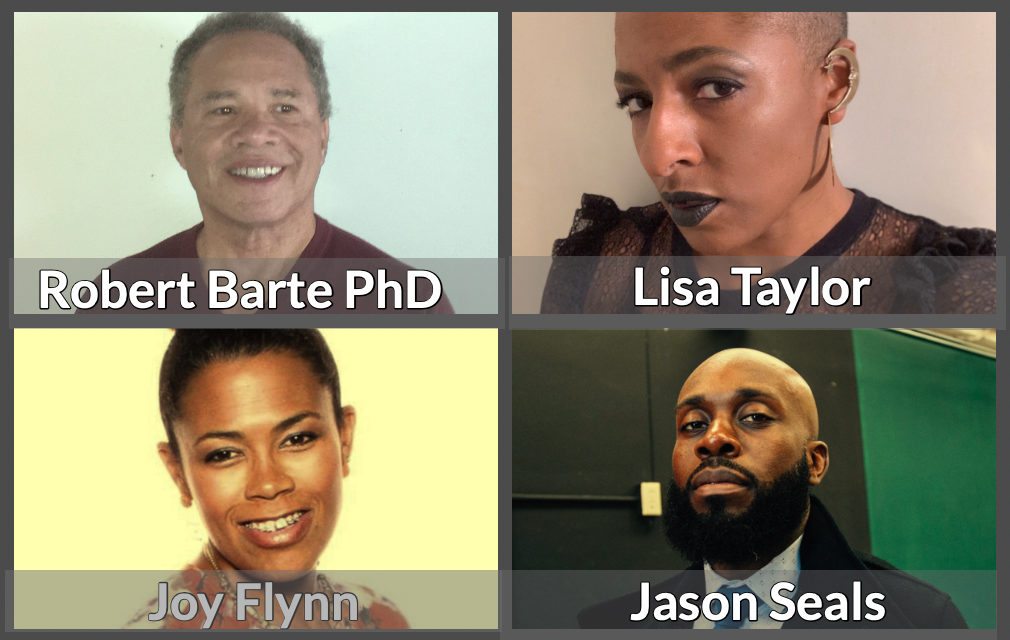
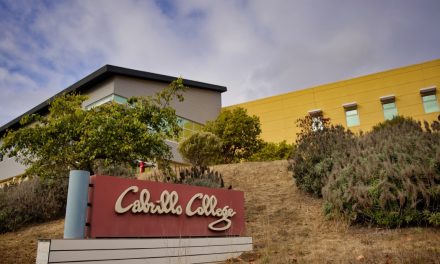





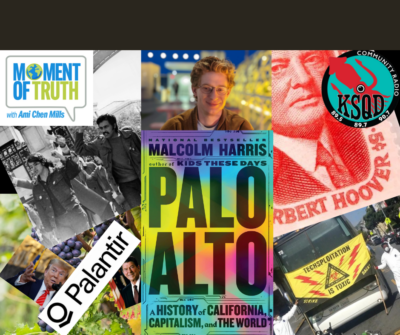
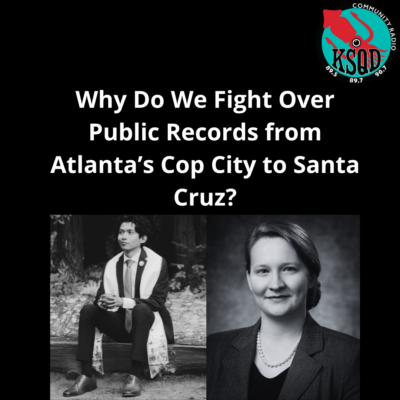


Trackbacks/Pingbacks